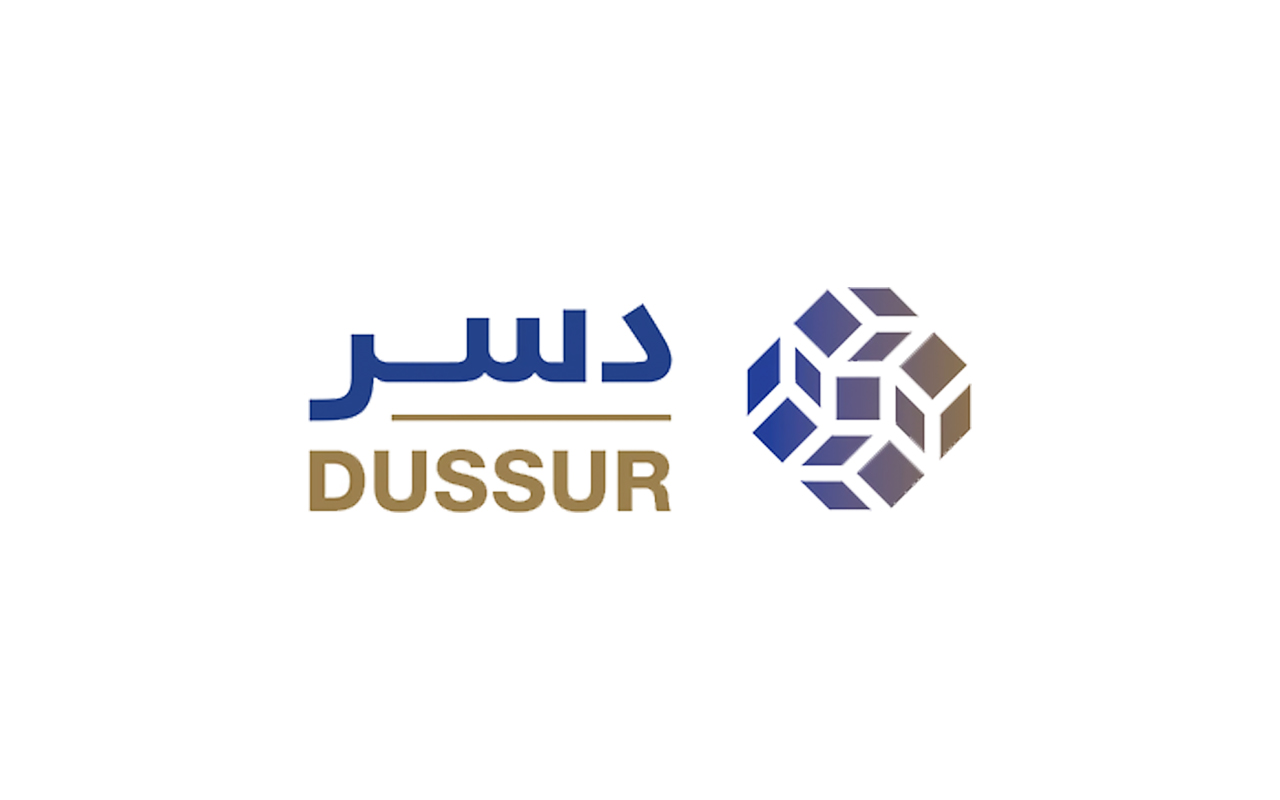Saudi Arabian Industrial Investments Company
The Saudi Arabian Industrial Investments Company (Dussur) is a Saudi joint-stock company owned by the Public Investment Fund, Saudi Aramco, and Saudi Basic Industries Company (SABIC). It aims to transform national resources into sustainable wealth. It is based in the capital, Riyadh.
Establishment
The Saudi Arabian Industrial Investments Company was established by a Royal Decree in 2014, with a capital of SAR3.3 billion, by three entities: The Public Investment Fund holds 50 percent of the company's shares, while Saudi Aramco and SABIC each hold 25 percent of the company's shares.
Etymology
'Dussur' is an Arabic term referring to ropes and rivets that were employed to secure a ship's panels together. In modern usage, it denotes the steel bolts utilized to tighten the hulls of contemporary ships. Symbolically, the term reflects the company's mission to harness the Kingdom's resources for the establishment and advancement of strategic industrial projects, thereby driving economic diversification in the Kingdom. It reflects the company's continuous commitment to engaging with its global partners and establishing joint projects for the mutual benefit of all involved.
Business activities
The Saudi Arabian Industrial Investments Company works to maximize the developmental impact on the Saudi economy by implementing sustainable industrial investments, in partnership with industry leaders to localize value chains in the Kingdom.
The company adopts a sustainable investment model that facilitates the development of key industrial sectors and associated value chains in the Kingdom. Its goal is to drive manufacturing and economic diversification away from oil dependency. This is achievable through the development of profitable companies that go beyond the scope of the private sector. Dussur is a pivotal component of Saudi Vision 2030, which seeks to establish a globally competitive and developed industrial sector, transforming national resources into sustainable wealth. Furthermore, Dussur works to attract foreign investment and create employment opportunities for Saudi citizens.
Investments
The company invests in two key sectors: industrial metals and specialty chemicals.
In 2017, the Saudi Arabian Industrial Investments Company, in cooperation with General Electric, established a project called GE Saudi Advanced Turbine (GESAT). This project aims to manufacture high-performance gas turbines and their components within the Kingdom, in response to the increasing demand for electric power in the Kingdom.
In 2019, the company signed an agreement with the Saudi Arabian Development Company (SADCO) and Hyundai Heavy Industries (HHI) to establish the first marine engine manufacturing facility in the Middle East and North Africa, named Saudi Engines Manufacturing Company (Makeen). Makeen is situated in Ras al-Khair in the Eastern Province and represents a significant stride in bolstering the Kingdom's stature as a regional logistics hub for international maritime trade. Dussur owns 15 percent of this plant, SADCO holds 55 percent, and HHI possesses 30 percent
On December 5, 2021, Dussur, Saudi Arabian Military Industries (SAMI), and FIGEAC AERO of France signed a joint venture agreement to build a high-precision manufacturing facility in the Kingdom for producing aerostructures components. The joint venture aims to develop the Kingdom's capabilities in the aerostructures components industry, provide training for Saudi engineers and technicians involved in the project, and facilitate the localization of both military and civilian aviation industries in alignment with Saudi Vision 2030. Its main products revolve around the manufacturing and processing of light alloys (aluminum) and steel metals (titanium) for aircraft parts.
On March 29, 2022, Dussur signed four agreements with international partners, including the establishment of an unwelded pipe plant, a hydrogen- and conventional-powered electric bus factory, a three-dimensional printing innovation and manufacturing center, and a plant for the production of chemicals to extract oil from water.
The first joint venture with SeAH Changwon of Korea was to establish the first plant in the Middle East and North Africa at the King Salman Energy City (SPARK) for the manufacture of seamless stainless steel pipes. The project's total investment volume is estimated at SAR1 billion (USD270 million). SeAH and Dussur shares in the joint venture are 51 percent and 49 percent, respectively.
The second agreement was signed in partnership with Tatweer Transportation Services Co. and China's CHTC KINWIN to establish the first bus factory in the Kingdom with a production capacity of up to three thousand buses per year. The buses produced rely on modern technologies to power them, such as electric engines, hydrogen engines, and internal combustion engines (gasoline and diesel).
The third agreement with United States' 3D Systems included the establishment of the Kingdom's Center Innovation and Additive Manufacturing. The joint venture provides engineering solutions for three-dimensional printing and on-demand printing to service key sectors, such as industry, medicine, and defense.
The fourth agreement inked with the United States' Baker Hughes aims to build a facility with a capacity of thirty thousand t per year to produce chemicals used in extracted oil manufacturing processes and water treatment The project meets the needs of oil and gas companies, water treatment companies, and petrochemical companies. The project is based in al-Jubayl Industrial City.
In 2022, Dussur completed an acquisition deal with a global consortium comprising both BroadPeak Global (BPG) and the Asia Green Fund (AGF) to acquire DuPont Clean Technologies. Following the acquisition, the company was rebranded as Elessent Clean Technologies. The new company is a global leader in the chemical catalysts and advanced equipment industry specializing in environmental sustainability techniques in the mineral, fertilizer, chemical, and oil-refining industries.
